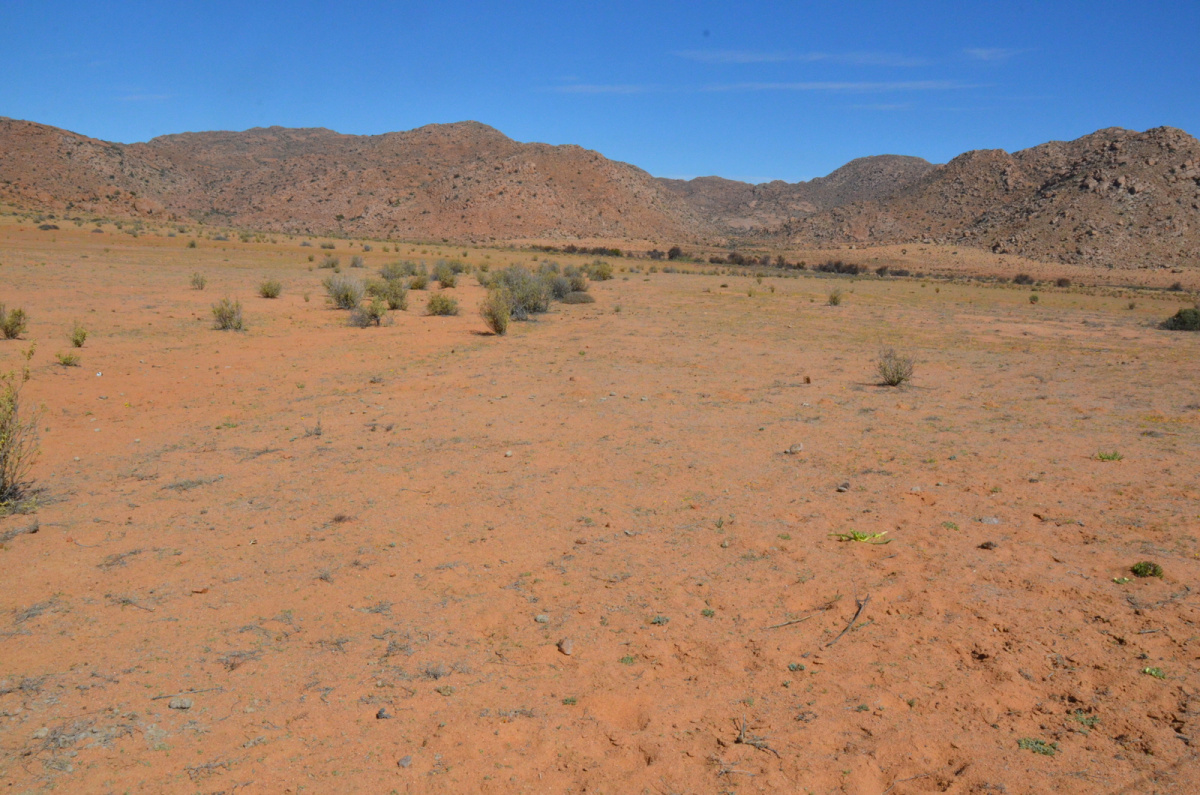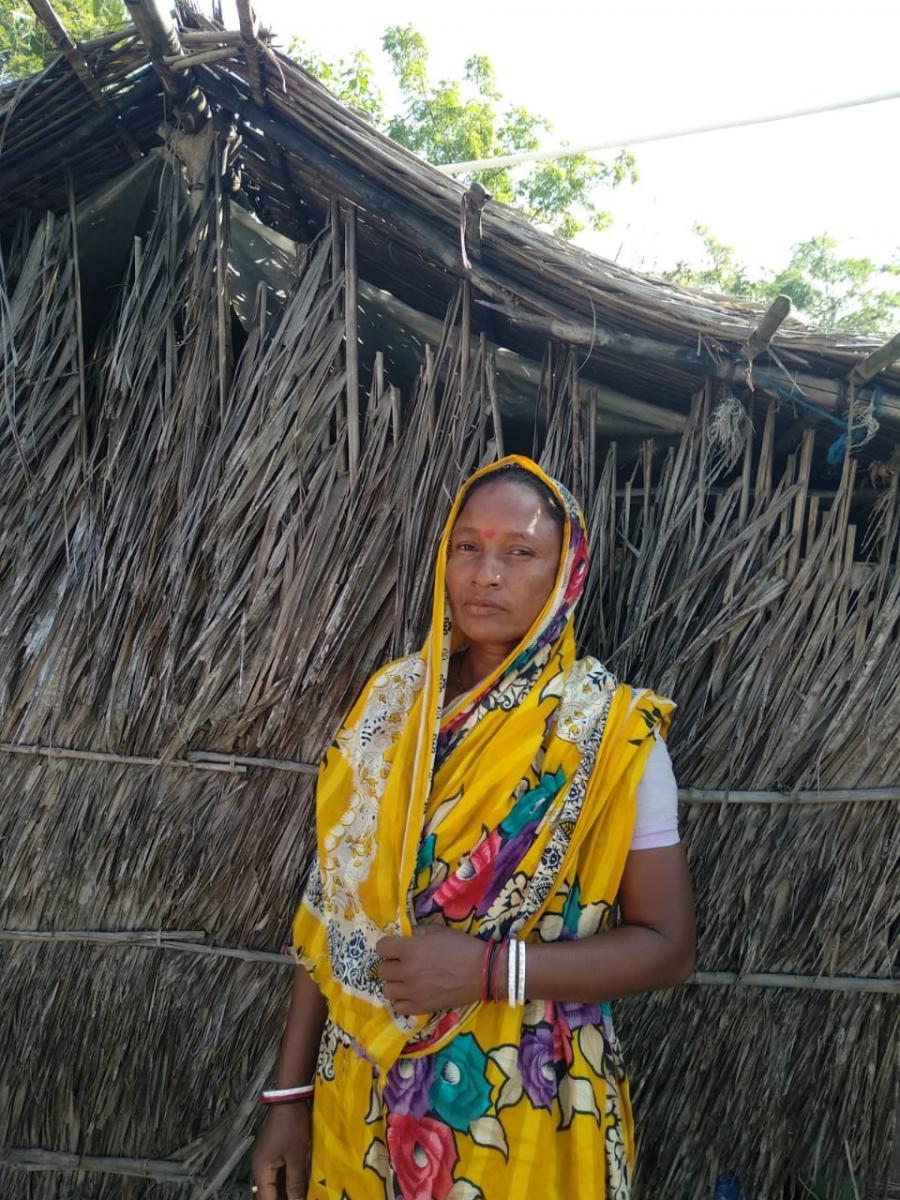I was in the Indian Army for 24 years and served in the Himalayas for 10 years. I became very concerned about how climate change was affecting the Himalayas, especially the rivers that so many people depend upon. I realised we must act before the change in the region reaches a tipping point.
The rivers that start in the Himalayas – the Ganges and the Mekong – support hundreds of millions of people across South Asia, Southeast Asia and China, representing one-fifth of the entire human population. In many places, where the slopes have been deforested, there are more avalanches because the trees helped hold the snow. Reduced snowfall due to climate change also means the rivers have less water in them. And the tree species are changing too. The outcome is that the water security of a fifth of the world’s population is at risk.
THE RIVERS THAT START IN THE HIMALAYAS SUPPORT HUNDREDS OF MILLIONS OF PEOPLE
Cutting down drastically on the production of black carbon locally, combined with extensive forest restoration, could help stabilise the ecosystems here. Black carbon is the name given to the sooty particulate emissions released when millions of cooking stoves light up across these countries. It raises the temperature regionally, in addition to the global effect of CO2 emissions. If we can replace many stoves with more efficient ones, it will quickly reduce the amount of black carbon drifting above the Himalayas. We also need better technology for the brick kilns and road building, which are also major sources of black carbon in the region. Reforestation around urban areas could also help absorb more black carbon.




